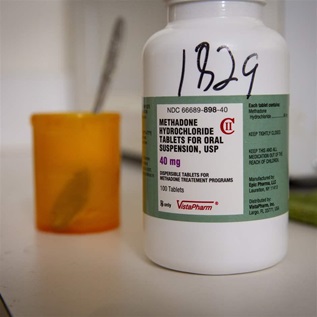Testimony: Robert P. Martin Before the U.S. House of Representatives Committee on Rules
July 13, 2009
Hearing on H.R. 1549, Preservation of Antibiotics for Medical Treatment Act
"Good afternoon Madame Chair and members of the Rules Committee. My name is Robert P. Martin and I am a senior officer at The Pew Environment Group. Prior to my current position at The Pew Environment Group, I was the Executive Director of the Pew Commission on Industrial Farm Animal Production (PCIFAP). I appreciate the opportunity to appear today.
The Pew Commission on Industrial Farm Animal Production was an independent commission funded by a grant from The Pew Charitable Trusts to the Johns Hopkins Bloomberg School of Public Health to investigate the problems associated with industrial farm animal production (IFAP) operations and to make recommendations to solve them. Fifteen Commissioners with diverse backgrounds began meeting in March of 2006 to start their evidence-based review of the problems caused by IFAP. I am attaching a list of the Commissioners with my statement.
Over the next two years, the Commission conducted 11 meetings and received thousands of pages of material submitted by a wide range of stakeholders and interested parties, including the animal agriculture industry. Two public hearings were held to hear from the general public with an interest in IFAP issues. Approximately 400 people attended those hearings. Eight technical reports were commissioned from leading academics to provide information in the Commission‘s areas of interest. In addition, more than 170 peer-reviewed, independent academic studies were reviewed. The Commissioners themselves brought expertise in animal agriculture, public health, animal health, medicine, ethics, and rural sociology to the discussion. In addition, the Commission visited broiler, hog, dairy, egg, and swine IFAP operations, as well as a large cattle feedlot.
The Commission‘s findings make it clear that the present system of producing food animals in the United States is not sustainable and presents an unacceptable level of risk to public health, damage to the environment, as well as unnecessary harm to the animals we raise for food. In addition, the current system of industrial food animal production is detrimental to rural communities."









